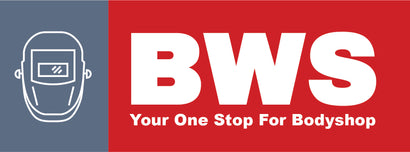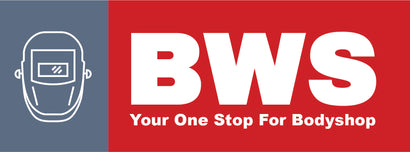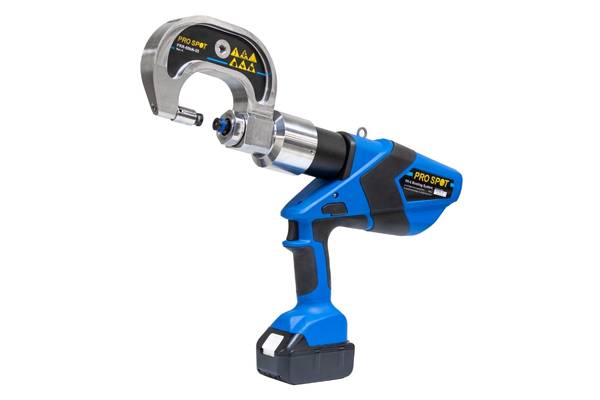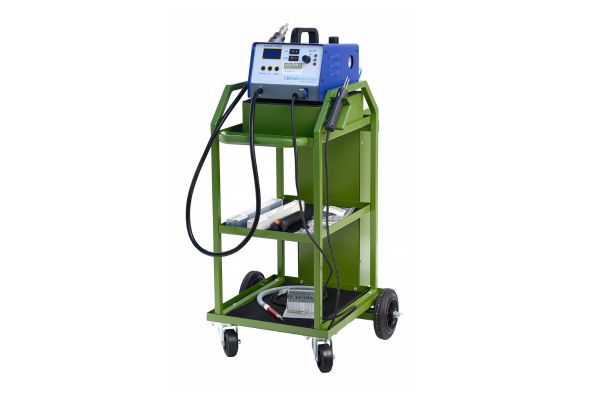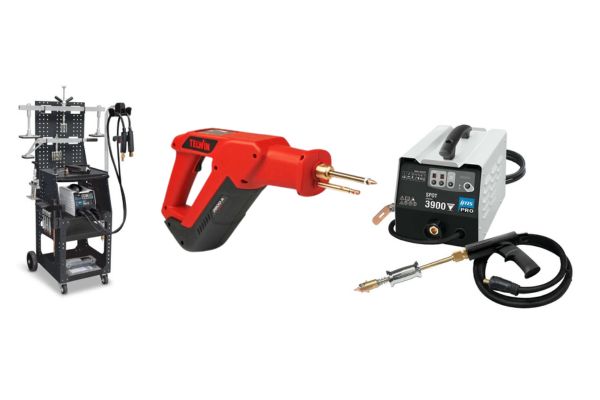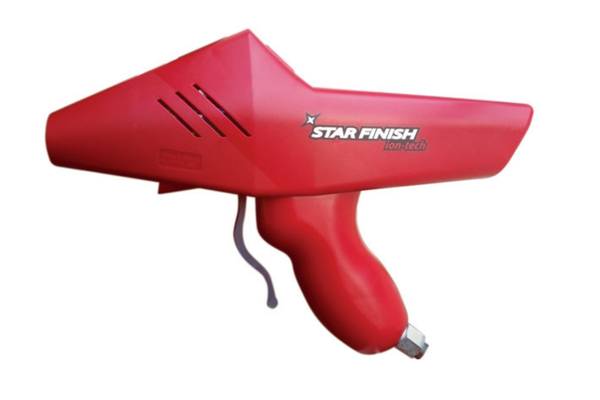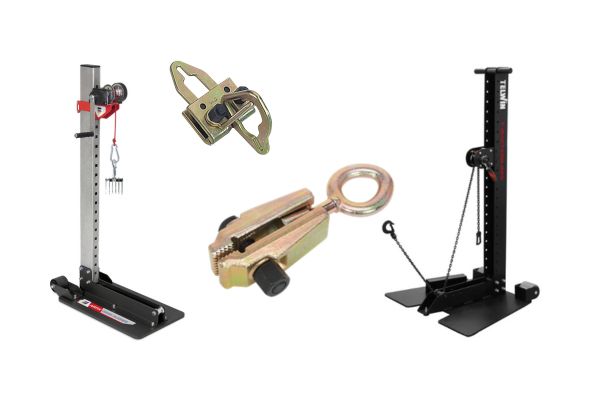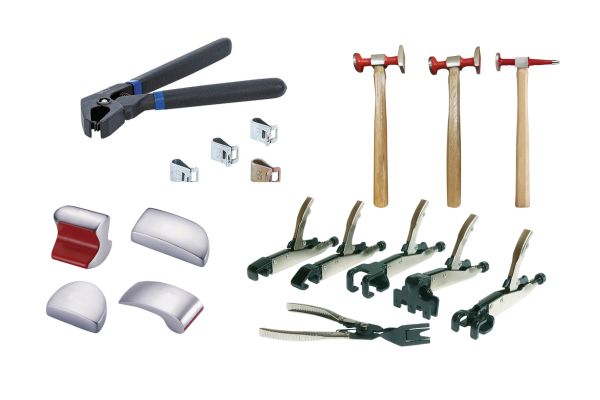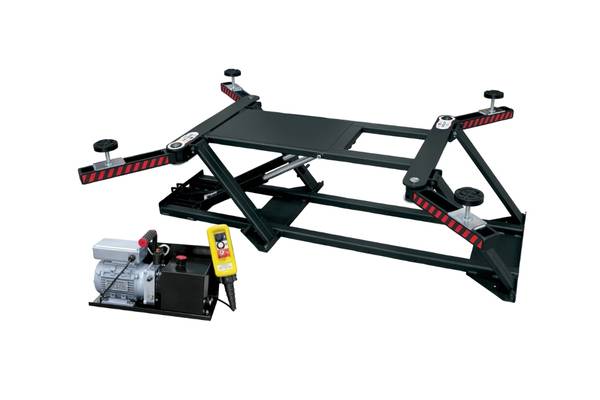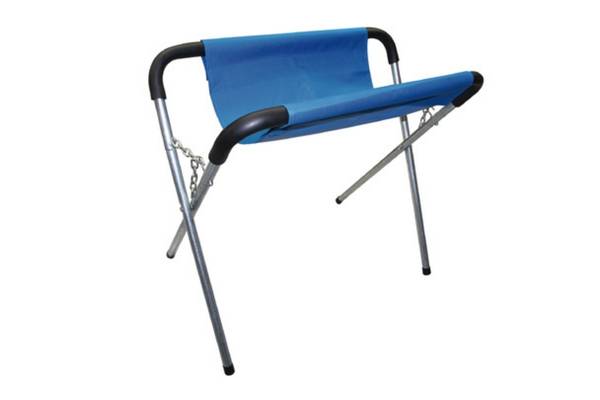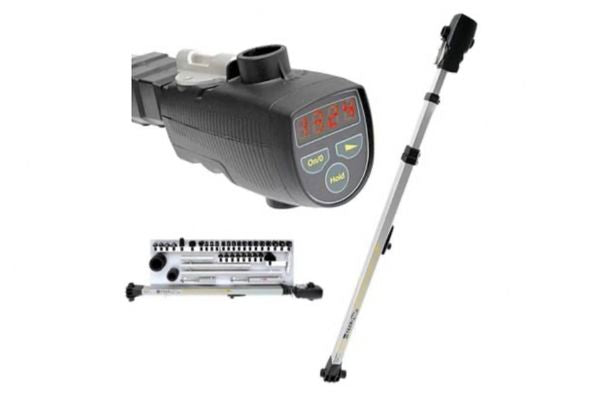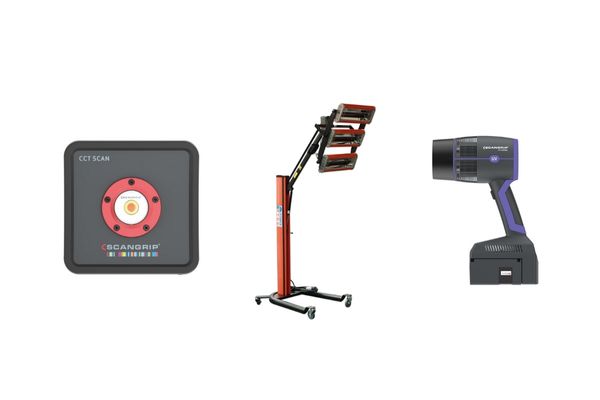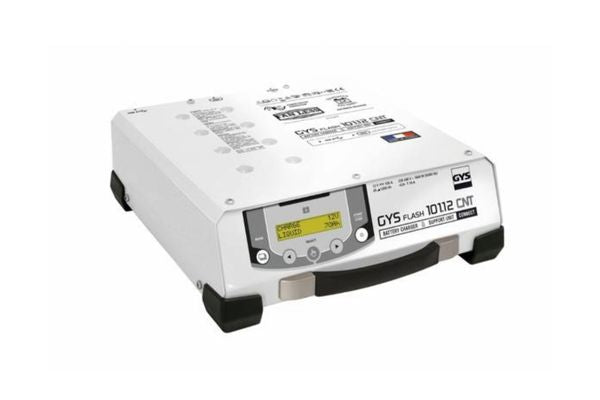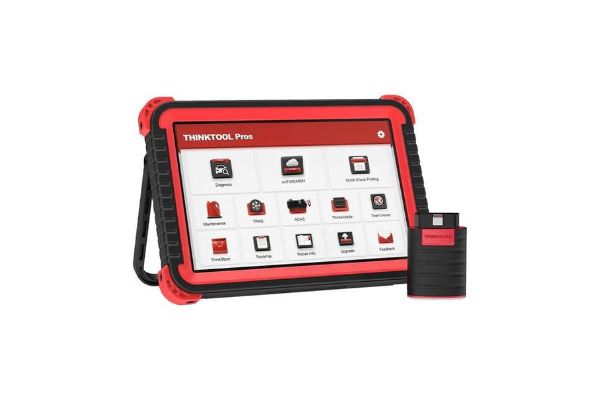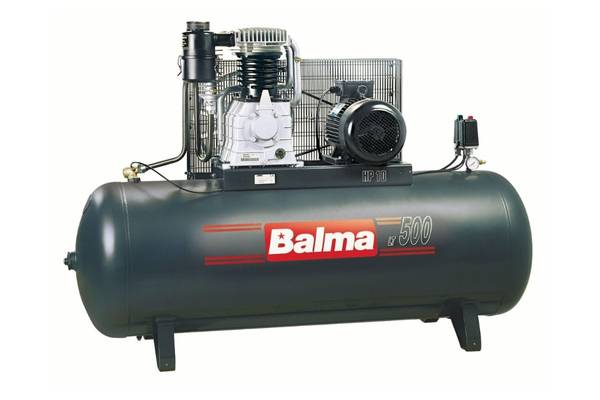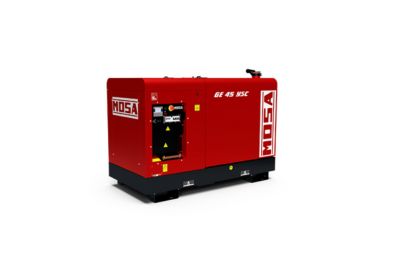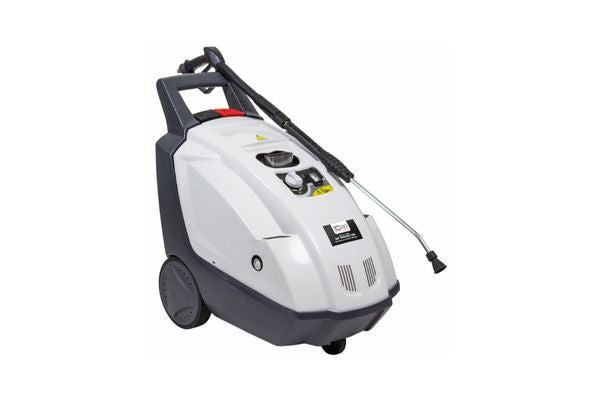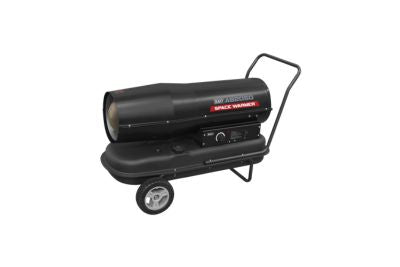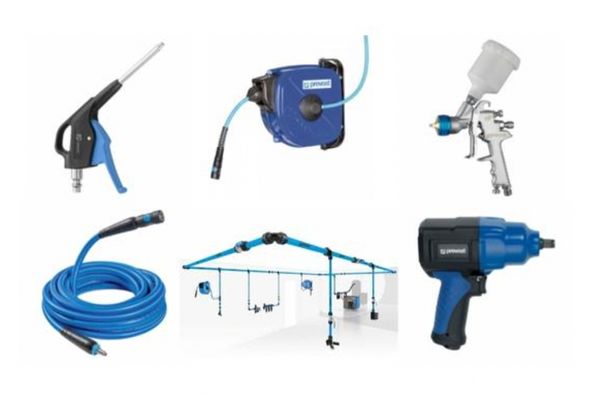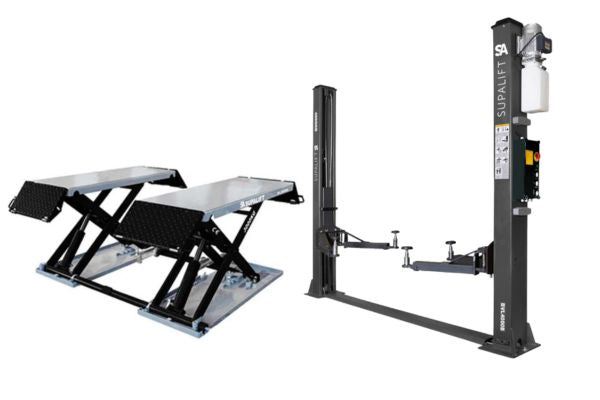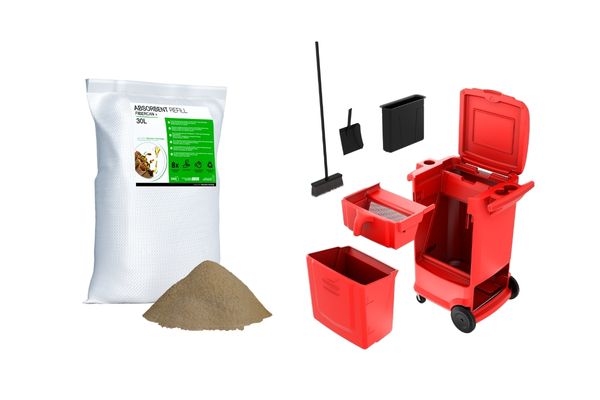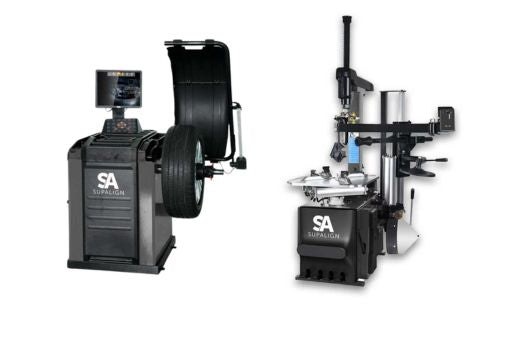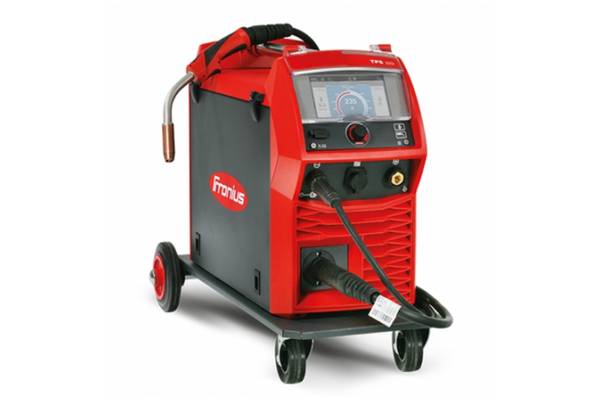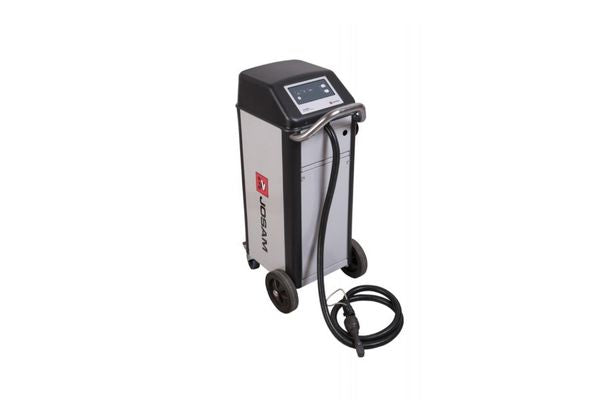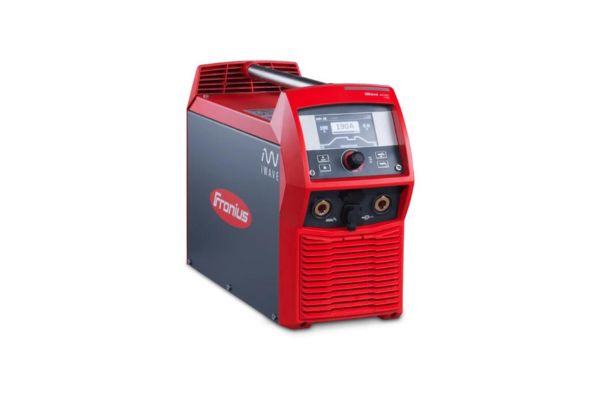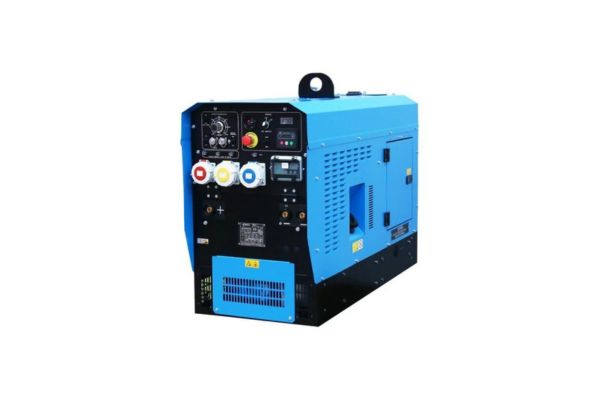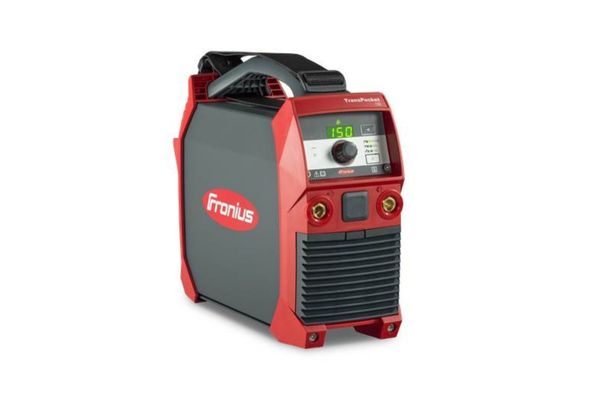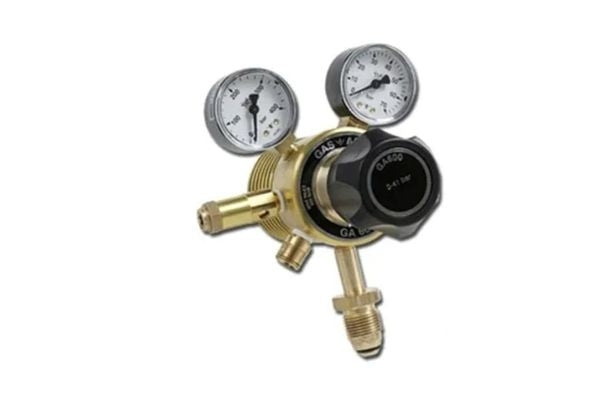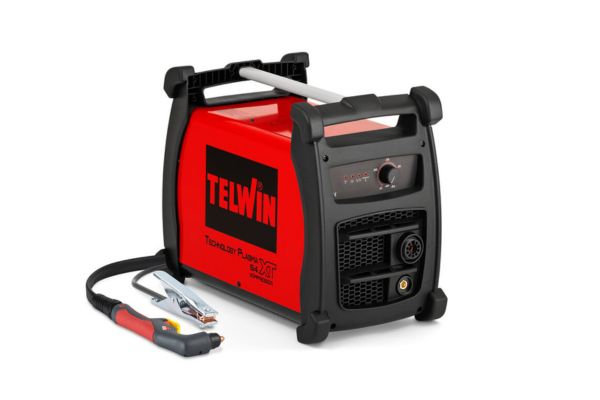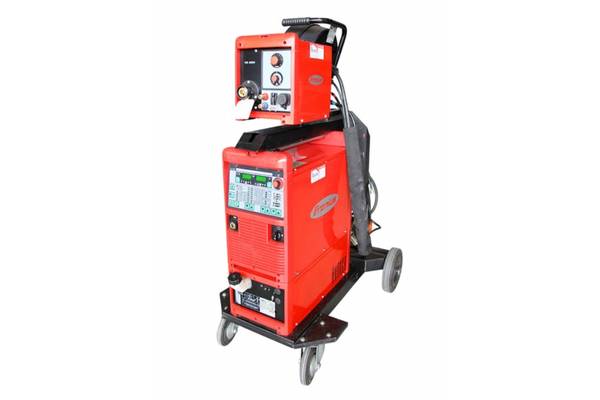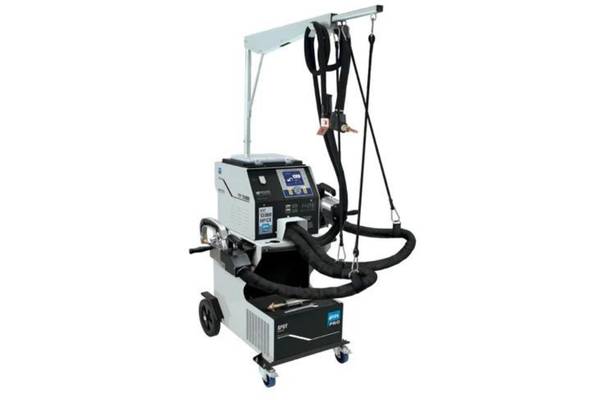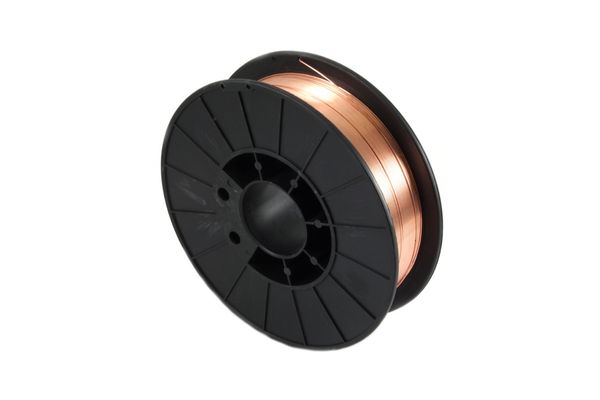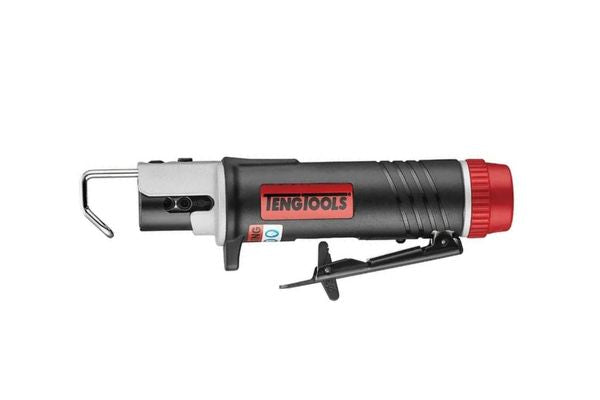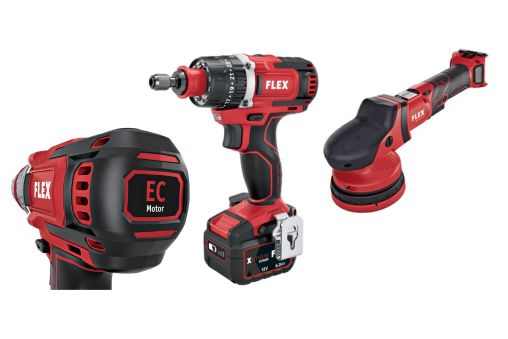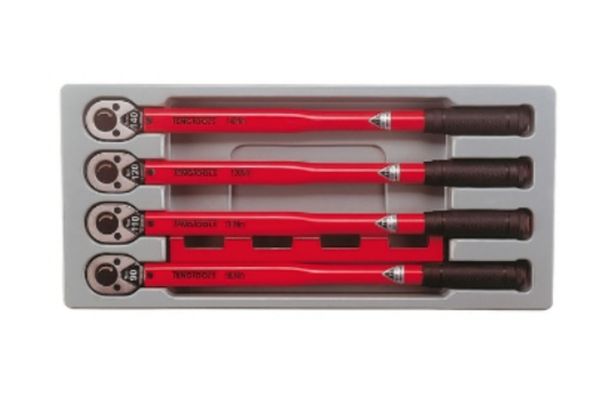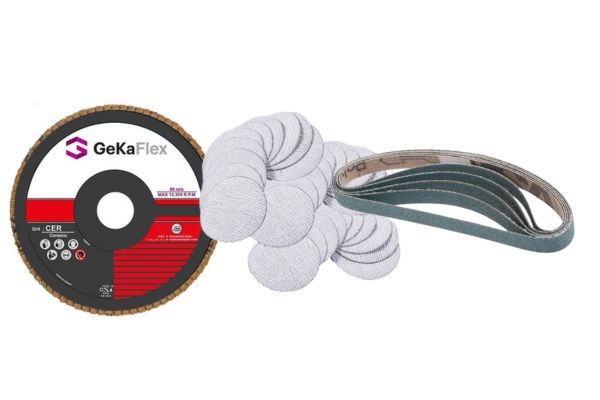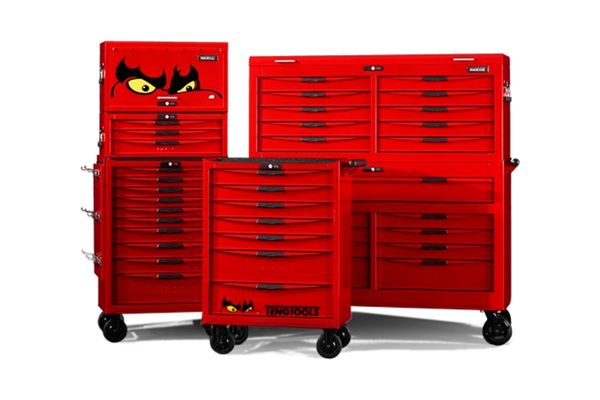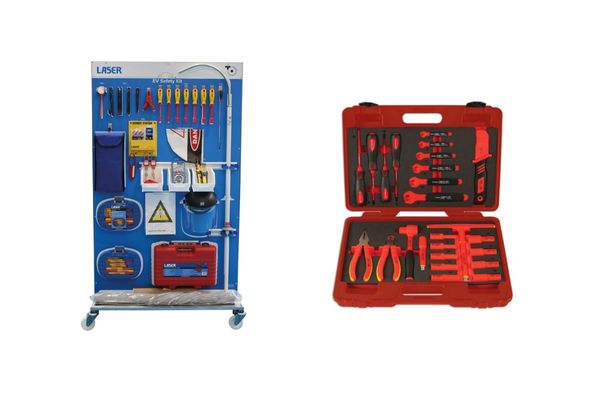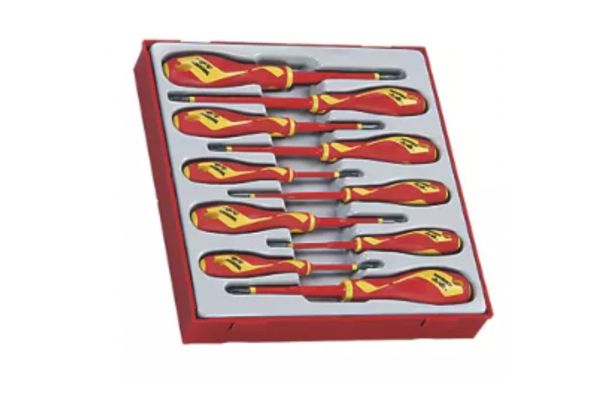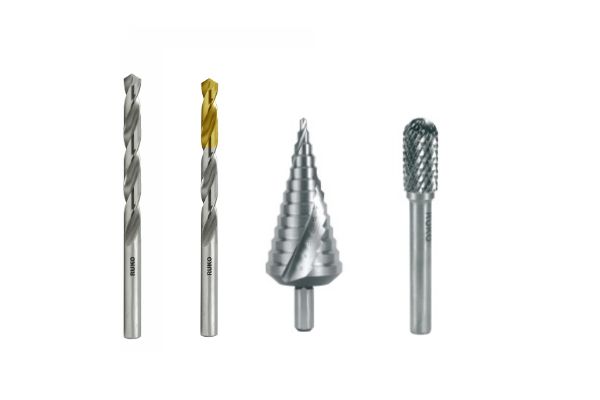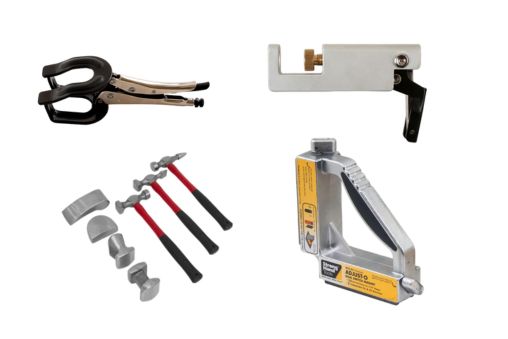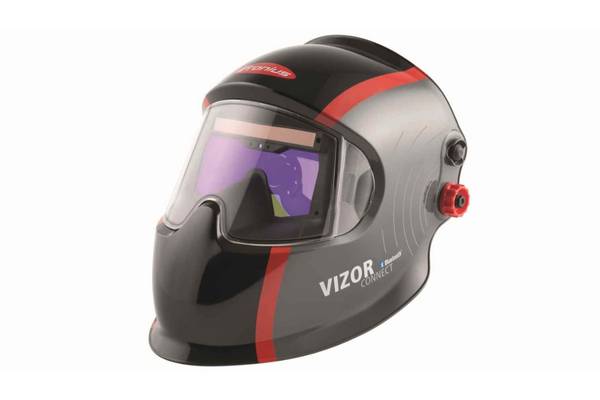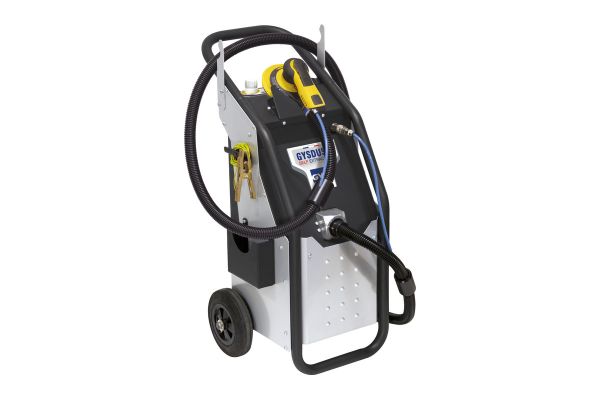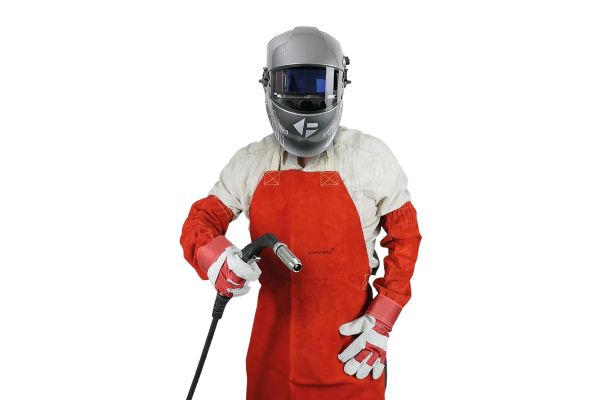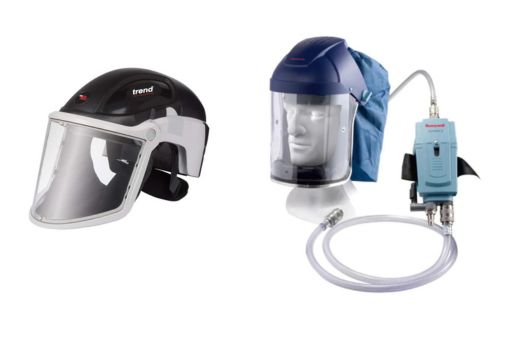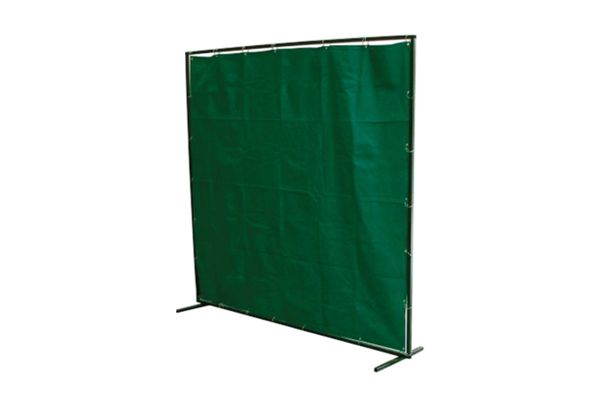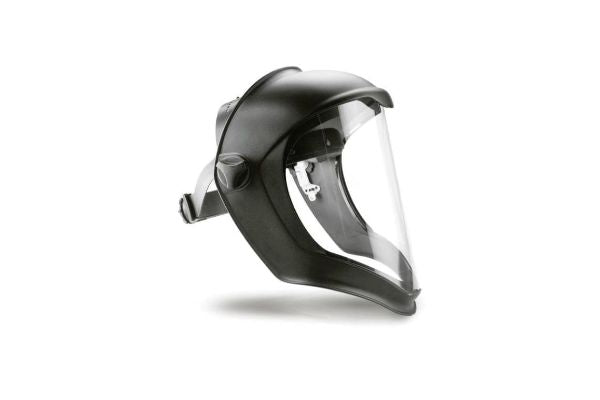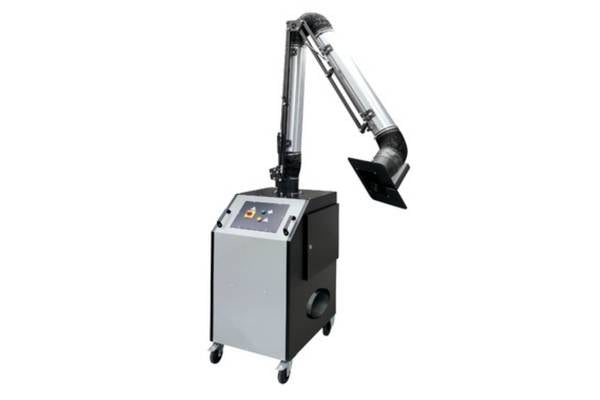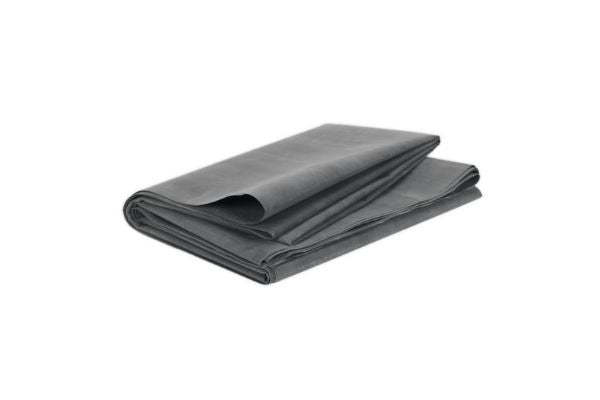NEW Glue Pulling Systems- In Stock!
NEW Glue Pulling Systems- In Stock!
BODYSHOP
WORKSHOP
WELDING
TOOLS
SAFETY
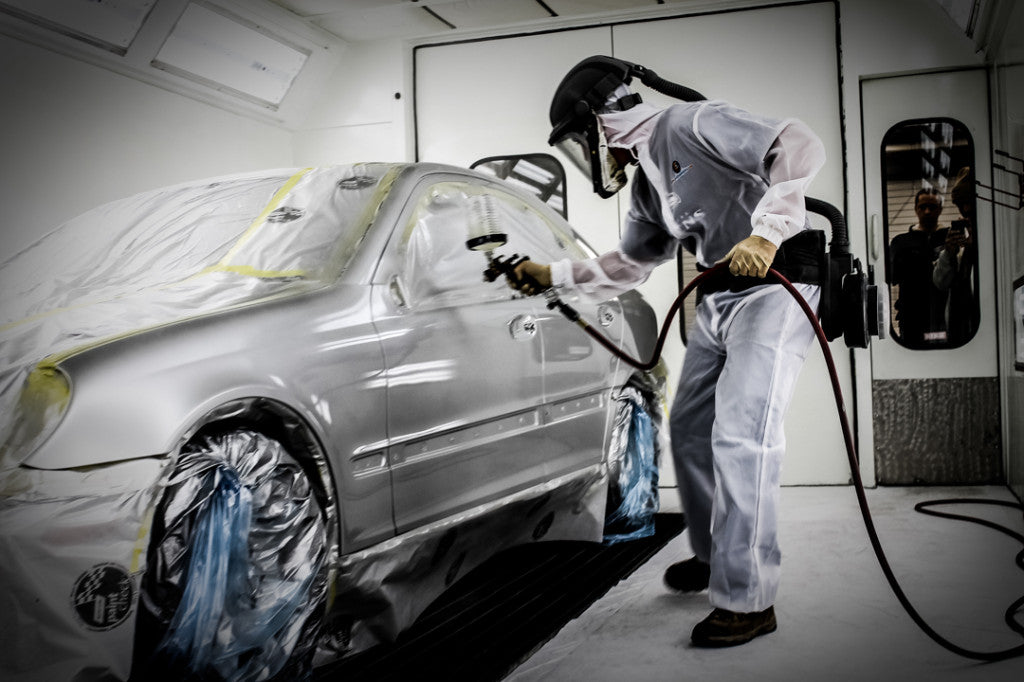
Forward Thinking For Bodyshops!
January 21, 2020 6 min read
New technology and the torrent of products entering the market can make bodyshop managers feel a bit like they’re building sandcastles on the beach; just as they put the finishing touches to the turrets the tide comes in and they are back to square one.
Here, we have tried to get ahead of the game in three key sectors – abrasives, adhesives and welding – by asking a handful of industry insiders for their views of what’s coming down the road in 2020.
How do you expect the abrasives market to change in the next 12 months?
Paul Heale, UK technical manager, Indasa: I’d be fairly confident that the trend over the past few years will continue through 2020. The high-performance abrasive system technology is currently delivering outstanding value to the viability of the bodyshop operation and will continue to do so. Vehicle manufacturers are increasingly looking towards innovation in terms of production line materials with the likes of aluminium and composites now commonplace within the crash repair process.
Steve Smith, national sales manager, Mirka UK: Abrasives are utilised throughout the entire repair process and change will be driven by a combination of new vehicle technology and the repairers’ needs to meet new surface preparation challenges.
How do you expect the adhesives and sealants market to change in the next 12 months?
Dr Knut Göke, head of product management and marketing EMEA-engineering adhesives, Kömmerling: The automotive aftermarket is in a state of flux. Increased diversification in the supply chain and the influence of electronic commerce are leading to higher competition for aftermarket sales. These forces are creating risks as well as opportunities for automotive materials suppliers. The adhesives content of cars has been increasing yearly as adhesives achieve design wins at the expense of mechanical fasteners and welds, based on their ability to reduce noise and vibration, and to bond synthetic materials. While a few major participants dominate the automotive adhesives market, the market, as a whole, remains fragmented. There are intense competition and price sensitivity for automotive adhesives in the aftermarket. While the total aftermarket will increase, the do-it-yourself segment will decline due to the effects of leasing and the ageing male population. Channel management is critical to success in the automotive aftermarket. Distributors are striving to do more business with fewer suppliers. Successful suppliers will strive to understand and build on this trend of supplier consolidation. Specifically, hot melt technologies are becoming more important in interior trim; lightweight design and multi-material mix are megatrends; EV-production is supposed to grow by eight to 12 per cent per year; electronic complexity will sharply increase, and adhesive bonding is becoming the supreme joining technology.
How do you expect the bonding market to change in the next 12 months?

Peter Coffey, technical sales manager, Bodyshop Solutions: In-car body repair, bonding and riveting are very much a double act. Glue is very strong in a peel test, but not so strong in a sheer test. In-car repair, the rivets used are there to prevent panels sheering apart. The rivets, therefore, play a very important role, but they also have their limitations, and it is in the use of the type of rivets that we will probably see the biggest changes in the next 12 months. Car manufacturers are conscious of the repairs retaining their original integrity and as a result are looking for rivets that are stronger, lighter and more versatile. For example, once self-piercing rivets (SPR) are removed, the inner panel is left with a series of holes and therefore the car manufacturers are looking at Flow Form Rivets (FFR) being used, which are placed in the existing hole before fixing to avoid weakening the panel by making more holes. In addition, under testing, the FFR has shown to have a higher tensile strength than the SPR. Several car manufacturers recommend this FFR repair method, but we expect more will follow this year.
Jason Bowes, sales director, Basic Welding Services: We have noticed that sales of repair equipment (dent repair stations) have increased, and that shows that more and more body shops are not replacing panels.
Most MIG-MAG welder sales in the next 12 months will be Multipurpose inverters. https://www.basicwelding.co.uk/collections/telwin-aluminium-dent-repair-equipment You can buy an inverter MIG welder for nearly the same price as an old transformer model. The new Inverter Welders will allow you to weld braze, steel, stainless and aluminium, all from the one machine.
There will also be changes in bond and rivet. A lot of car manufacturers have introduced new rivets and panel stacks, which now means you could need up to eight tonnes of pressure to insert them. This means body shops need to equip themselves with the latest High-Pressure rivet systems.
Can you give us an insight into what new products you are working on?
Heale: With paint companies developing new hi-tech coating systems there is an obvious impact on the refinish process, especially in the areas of rectification and pre-polish preparation. The finer end of the grit spectrum is a critical element in achieving the flawless finish the bodyshop needs and the customer expects. Micro finishing materials are at the forefront of this process. Consistency and uniformity of surface finish can only be achieved with the development of abrasive systems for such applications and our work in this area will see new products launched next year. The strategic collaboration with Evercoat crash repair preparation materials has exceeded all expectations in terms of market penetration and so the exciting developments for 2020 will hopefully see that momentum continue.
Göke: We are working on solutions for the big trends in automotive industry. For lightweight construction, we are developing cold-curing elastic, semi-structural and structural adhesives for body structure and exterior trim applications, as well as bonding agents for rubber-metal bonding. Regarding batteries, we are developing structural and elastic adhesives, thermally conductive adhesives, and sealers thermally conductive gap-fillers and encapsulations. We are also looking at adhesives for interior trim applications, cast resins for glass/plastic composites with integrated functions, sound damping with liquid-applied sound deadeners (LASD) and butyl patches.
Bowes: We will introduce a new range of inverter MIG welders, and new rivet guns to meet the new requirements. There will also be the release of a new aluminium arc dent welder, which will weld keys onto the panel and allow a quick pull.
With EV charging a growing requirement for all body shops, we will also be releasing several related products, some of which are available with government grants.
What do you see as the greatest challenges during 2020?
Heale: There are plenty of known challenges that have been with us for a number of years, with the skills shortage often trending at the top end of discussion. That aside, repair volumes are not expected to grow and with 2018 setting a record level of total loss write-offs, it’s going to be a tough arena to fight for market share. Size will no doubt matter when it comes to bodyshop consolidation and the inevitable levels of investment required to keep up with OEM technology, such as ADAS and its massive influence on the upskilling of the workforce.
Göke: In 2020, the adhesives industry will continue to see itself in a heterogeneous environment. The economic indicators, which recently have been adjusted downwards, confirm the continuing decline in growth forecasts due to economic and geopolitical risks, such as the escalation of trade conflicts. In addition, global industrial production is slowing down. Another challenge the adhesives industry will face is the new regional REACH regulations which will be established in markets such as Eurasia, Turkey, Korea.
Smith: Vehicle technology will continue to provide fresh challenges to the network of repairers. Another continuing challenge to the industry is to encourage the younger generation to take up a career within the vehicle repair sector. Swaby: With the progressive increase in vehicles with camera and radar systems requiring recalibration after an accident, one of the big challenges for 2020 will be for body shops to purchase their own ADAS equipment, rather than sending these cars out to third-party suppliers. Importantly, this investment in ADAS equipment will generate a significant and increasing revenue stream and will provide a very fast return on investment. It will also help reduce their key-to-key repair times, improve their customer service and reduce their courtesy car costs. Leasing the equipment is often an option used to spread the investment cost over a three-to-five-year period to help cash flow.
Bowes: The increased sales of electric and hybrid vehicles will pose problems. Is the sector equipped? Do repairers have charging points? Do they have the necessary skills in the business? If not, what training schemes will be available? Also, health and safety regulations are getting stricter. The HSE mandated in March 2019 that steel MIG welding fumes are carcinogenic and can cause cancer. (read our blog on this here) Has every bodyshop done a risk assessment and put a plan in place? The HSE announced in December 2019 that it will be increasing audits next year.
With thanks to the Bodyshop Magazine Header Picture: ACS Reisterstown
Leave a comment
Comments will be approved before showing up.
